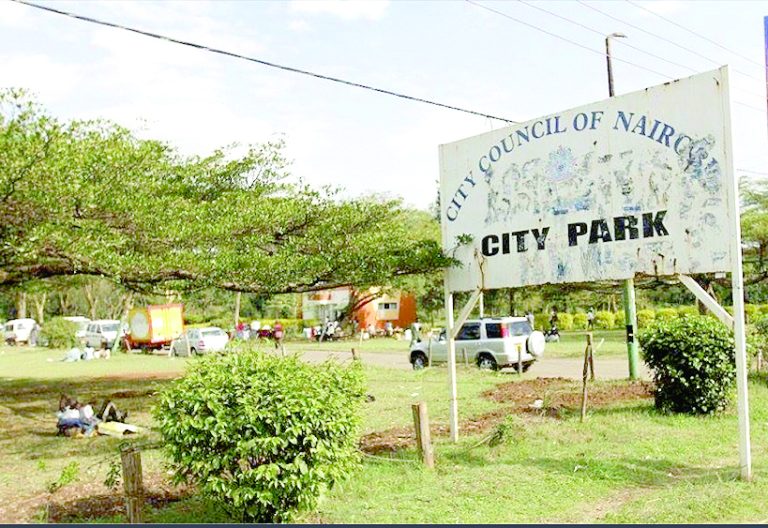How data mining can help fight corruption in Kenya

Kenya has recently witnessed weeks of protests, sparked by the rejection of the 2024 Finance Bill and escalating into a broader expression of discontent against President Ruto’s administration.
Predominantly led by Gen Z and millennials, the protests highlight deep-seated frustrations over unemployment and unfulfilled campaign promises from 2022, particularly the pledge to create jobs and combat corruption. The widespread anger and demonstrations have underscored the urgent need for systemic change.
The media has been abuzz with discussions about government officials’ hedonistic lifestyles, marked by their possession of expensive gadgets and properties suspected to be financed through corrupt means.
This concern is not unfounded. Former President Uhuru Kenyatta once stated that Kenya lost about Sh2 billion daily to corruption. This staggering figure points to a crisis that cannot be resolved merely by reshuffling government officials or appointing new Cabinet secretaries. Instead, there is a pressing need to overhaul the existing systems and enhance operational controls.
A critical issue lies in the gaps and inconsistencies in Kenya’s data management systems in many sectors. The lack of a comprehensive data trail from end to end allows corruption to thrive, particularly in the procurement process and payments to service providers.
Missing or distorted data and the manual handling of records contribute to these inconsistencies, making it challenging to detect and prosecute corrupt practices effectively. Without reliable data, many graft cases fail to provide evidence beyond a reasonable doubt.
The integration of advanced data mining technologies into Kenya’s governance systems presents both opportunities and challenges. On the one hand, such technologies can provide powerful tools for detecting and preventing corruption. On the other, the successful implementation of these technologies requires significant investment in infrastructure, training, and cultural change within government institutions.
To maximise the benefits of data mining, Kenya must adopt a holistic approach that includes upgrading technological infrastructure, enhancing data literacy among government employees, and fostering a culture of transparency and accountability. Additionally, it is crucial to develop robust legal and regulatory frameworks to support the use of data mining technologies and protect against potential misuse.
Improving data mining infrastructure could be the key to addressing corruption issues. Effective data usage can transform cumbersome processes into streamlined operations that monitor activities in real time and detect breaches promptly.
Alongside political and administrative changes, Kenya must invest in advanced technology infrastructure for data mining and analysis. Such improvements will enhance internal controls and provide a formidable tool in the fight against corruption.
Data mining infrastructure offers a promising solution to Kenya’s struggle with corruption. By improving data management and analysis, the government can enhance transparency, strengthen internal controls, and build public trust.
However, to achieve these benefits, Kenya must upgrade technological infrastructure, train personnel, and create a supportive legal environment. Like other countries, Kenya has its own political and economic challenges, but investing in data mining technologies could enhance transparency and curb corrupt activities.
— The writer is a data science researcher at South Dakota State University with a interest in governance and technology












